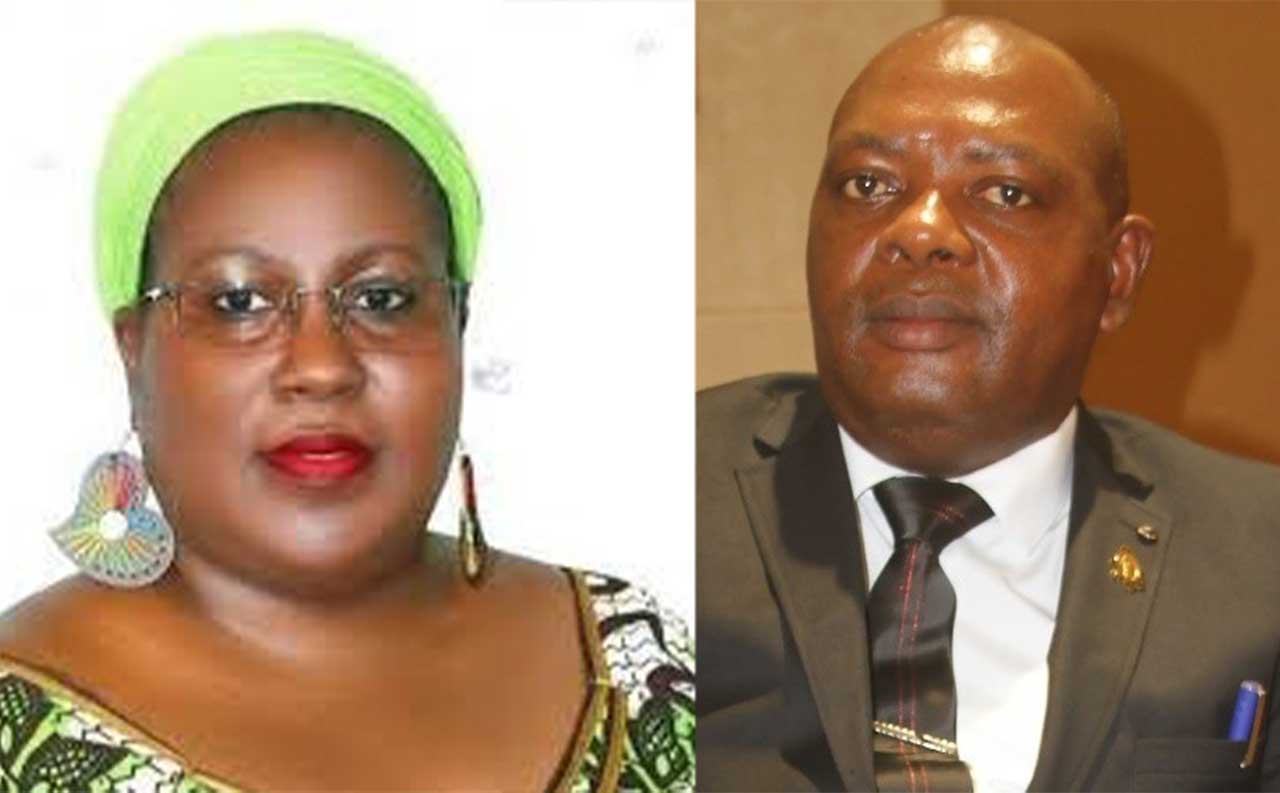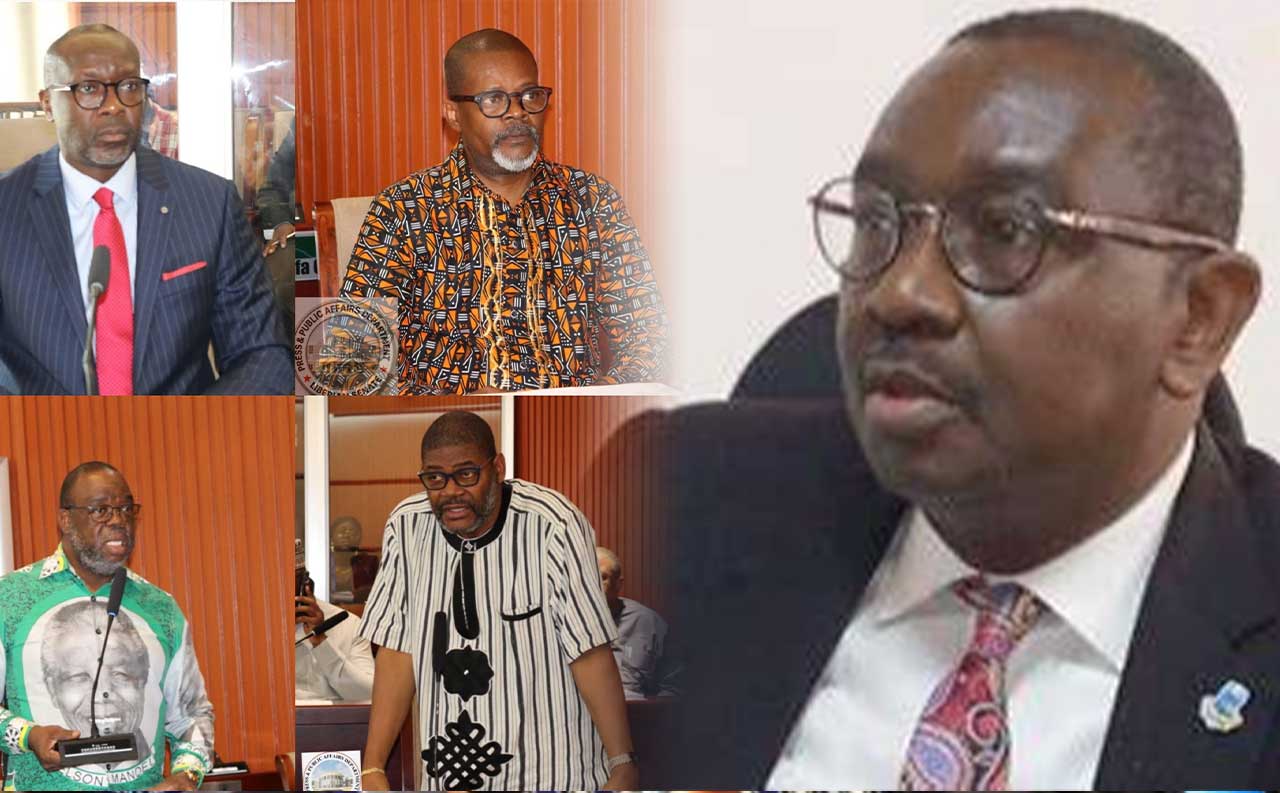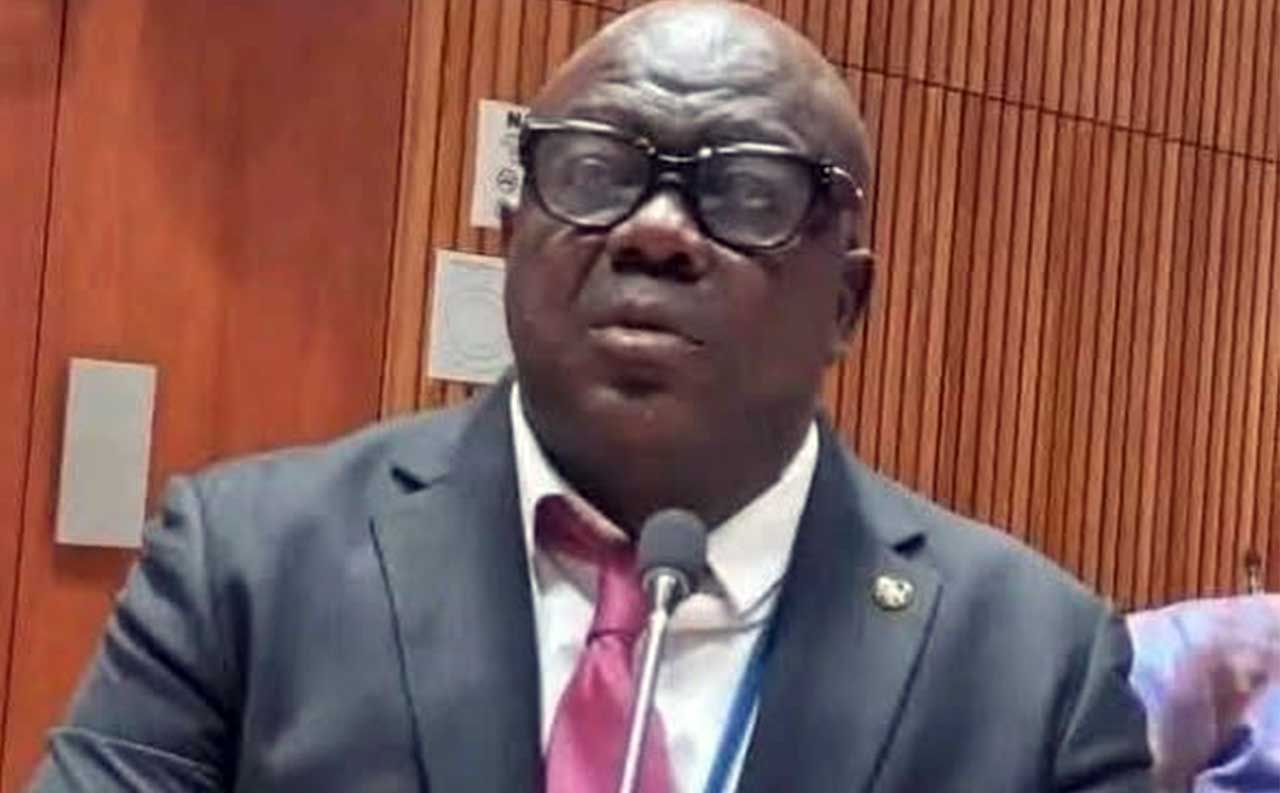Reports indicate that the recent response by the President of the Liberia National Bar Association (LNBA), Cllr. Bornor M. Varmah, to the Supreme Court’s ruling on April 23, 2025, has created division among the association’s leaders.
Just one day after the statement from the LNBA president, the association’s Vice President, Cllr. F. Juah Lawson, distanced herself from his remarks. She stated, “I’m not going to own that statement because it reflects the views of the President of the LNBA as an individual, not the LNBA as a whole.”
Cllr. Lawson also mentioned that she had advised the President to consult the Executive Committee before issuing the statement, but he chose not to heed her advice.
On Tuesday, April 29, 2025, the Liberia National Bar Association, through its President, expressed its disagreement with several key aspects of the Supreme Court’s ruling on April 23, 2025.
In this ruling, the Court declared Speaker J. Fonati Koffa as the legitimate Speaker of the House of Representatives and deemed the actions of the Majority Bloc, led by Representative Richard Nagbe Koon, as unconstitutional.
In a press statement issued on Tuesday, April 29, 2025, the LNBA acknowledged the Court’s role in interpreting constitutional matters but respectfully disagreed with various elements of the ruling.
While affirming the Supreme Court’s authority as the final arbiter of constitutional and legal questions, the LNBA contested the Court’s interpretation and the practical implications of its ruling on the doctrine of separation of powers.
The LNBA clarified that a Bill of Information is a procedural tool aimed at clarifying the implementation of a judgment or bringing to the Court’s attention issues affecting its mandate. It should not replace mechanisms for resolving inherently political questions, particularly those related to the internal organization, leadership, or operational independence of the Legislature.
LNBA President Cllr. Varmah stated that the ongoing conflict within the House of Representatives, while involving constitutional questions, is fundamentally political in nature. He emphasized that this conflict requires a political resolution through institutional dialogue, consensus-building, and adherence to democratic norms. While the Court may provide interpretative guidance, the enforcement and implementation of its opinions in such matters predominantly rely on political goodwill and respect for constitutional boundaries.



